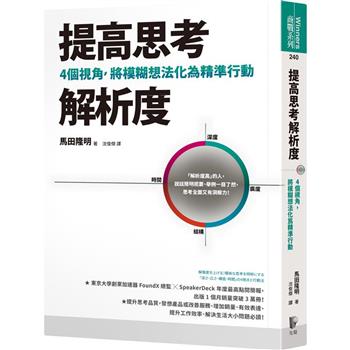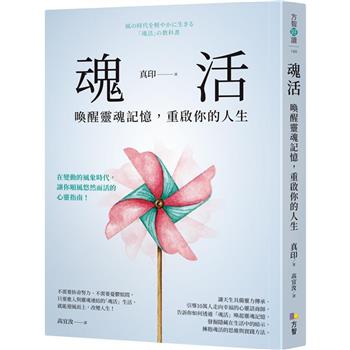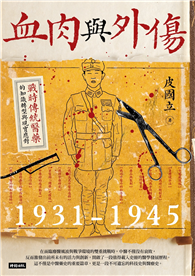Henry Havelock Ellis, known as Havelock Ellis (2 February 1859 - 8 July 1939), was an English physician, writer, progressive intellectual and social reformer who studied human sexuality. He was co-author of the first medical textbook in English on homosexuality in 1897, and also published works on a variety of sexual practices and inclinations, as well as transgender psychology. He is credited with introducing the notions of narcissism and autoeroticism, later adopted by psychoanalysis. Like many intellectuals of his era, he supported eugenics and he served as president of the Eugenics Society. Early life and teaching career: Ellis, son of Edward Peppen Ellis and Susannah Mary Wheatley, was born in Croydon, Surrey (now part of Greater London). He had four sisters, none of whom married. His father was a sea captain, his mother the daughter of a sea captain, and many other relatives lived on or near the sea. When he was seven his father took him on one of his voyages, during which they called at Sydney, Callao and Antwerp. After his return, Ellis attended the French and German College near Wimbledon, and afterward attended a school in Mitcham. In April 1875, Ellis sailed on his father’s ship for Australia; soon after his arrival in Sydney, he obtained a position as a master at a private school. After the discovery of his lack of training, he was fired and became a tutor for a family living a few miles from Carcoar. He spent a year there and then obtained a position as a master at a grammar school in Grafton. The headmaster had died and Ellis carried on the school for that year, but was unsuccessful. At the end of the year, he returned to Sydney and, after three months’ training, was given charge of two government part-time elementary schools, one at Sparkes Creek, near Scone, New South Wales and the other at Junction Creek. He lived at the school house on Sparkes Creek for a year. He wrote in his autobiography, "In Australia, I gained health of body, I attained peace of soul, my life task was revealed to me, I was able to decide on a professional vocation, I became an artist in literature . . . these five points covered the whole activity of my life in the world. Some of them I should doubtless have reached without the aid of the Australian environment, scarcely all, and most of them I could never have achieved so completely if chance had not cast me into the solitude of the Liverpool Range." Medicine and psychology: Ellis returned to England in April 1879. He had decided to take up the study of sex, and felt his first step must be to qualify as a physician. He studied at St Thomas’s Hospital Medical School now part of King’s College London, but never had a regular medical practice. His training was aided by a small legacy and also income earned from editing works in the Mermaid Series of lesser known Elizabethan and Jacobean drama. He joined The Fellowship of the New Life in 1883, meeting other social reformers Eleanor Marx, Edward Carpenter and George Bernard Shaw.The 1897 English translation of Ellis’s book Sexual Inversion, co-authored with John Addington Symonds and originally published in German in 1896, was the first English medical textbook on homosexuality. It describes the sexual relations of homosexual males, including men with boys. Ellis wrote the first objective study of homosexuality, as he did not characterise it as a disease, immoral, or a crime. The work assumes that same-sex love transcended age taboos as well as gender taboos. In 1897 a bookseller was prosecuted for stocking Ellis’s book. Although the term homosexual is attributed to Ellis, [citation needed] he wrote in 1897, "’Homosexual’ is a barbarously hybrid word, and I claim no responsibility for it."...........
| FindBook |
有 1 項符合
The Soul of Spain. By: Havelock Ellis: Henry Havelock Ellis, known as Havelock Ellis (2 February 1859 - 8 July 1939), was an English physicia的圖書 |
 |
The Soul of Spain. By: Havelock Ellis: Henry Havelock Ellis, known as Havelock Ellis (2 February 1859 - 8 July 1939), was an English physicia 作者:Ellis 出版社:Createspace Independent Publishing Platform 出版日期:2017-08-21 語言:英文 規格:平裝 / 154頁 / 25.4 x 20.32 x 0.84 cm / 普通級/ 初版 |
| 圖書館借閱 |
| 國家圖書館 | 全國圖書書目資訊網 | 國立公共資訊圖書館 | 電子書服務平台 | MetaCat 跨館整合查詢 |
| 臺北市立圖書館 | 新北市立圖書館 | 基隆市公共圖書館 | 桃園市立圖書館 | 新竹縣公共圖書館 |
| 苗栗縣立圖書館 | 臺中市立圖書館 | 彰化縣公共圖書館 | 南投縣文化局 | 雲林縣公共圖書館 |
| 嘉義縣圖書館 | 臺南市立圖書館 | 高雄市立圖書館 | 屏東縣公共圖書館 | 宜蘭縣公共圖書館 |
| 花蓮縣文化局 | 臺東縣文化處 |
|
|
圖書介紹 - 資料來源:博客來 評分:
圖書名稱:The Soul of Spain. By: Havelock Ellis: Henry Havelock Ellis, known as Havelock Ellis (2 February 1859 - 8 July 1939), was an English physicia
|










